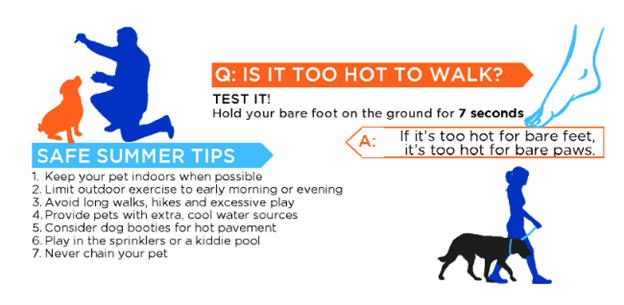Summer FUN in the Sun
Heather Cardosi, July 01, 2024
It’s summertime! Kids are out of school; public pools are open and vacations abound. Take the time to break from work and have fun. Doing so will ensure your mind is ready to focus when work does resume. Here are some suggestions to help you step away that are suitable for all budgets and life stages.
Kid Friendly Suggestions
Indoor Activities
If you or your family love museums, why don’t you try the Arizona Museum of Natural History in Mesa, AZ? This museum has dinosaurs and fossils in addition to a nice selection of meteorites, minerals, and Arizona historical topics. Kids can pan for gold, walk through an old western jail, or for those really young ones, play in the hands-on space in the Exploration Station (children 6 and under).
Have young board kids and only want to step out of the house for an hour or? Try one of the many fast-food play places near you. Even if all you order is a few drinks, this is a great way to get out of the house and have the kids burn some energy off. If you are working from home and can take a long lunch, this is another great way to entertain children. Just make sure to call ahead or check online that the location you are heading for still has a play place.
Outdoor Activities
For those looking to get wet, try the Glow Kayaking classes through the City of Tempe. Head out for a night of fun under the stars while paddling across Tempe Town Lake. Peddling equipment is provided, and ages are 10 and up with youth requiring an adult to join them. This and other paddling options are available throughout July and August.
If you like hiking, there are many trail options on both sides of the valley, with just a small park fee to access and park. White Tank Mountain Regional Park in the West Valley has many beautiful trails and includes walking, biking, and even a small waterfall trail as some of the options. For the East Valley, try McDowell Mountain Regional Park, or Usery Mountain Regional Park. These and many more options are available all around the valley. Search for your local regional park HERE. Just remember to take safety precautions when out on the trail.
If you want to get away for a few days and don’t mind a little bit of a drive. Try the Sunrise Park Resort (among others) in Greer, Arizona. Average summer temps here are a balmy 75 degrees and offer a variety of activities to include ziplining, fishing, camping, and more.
Safety Reminders
Whatever you do, please make sure to take safety in mind. If you are outside this summer, always drink lots of water, wear sunscreen, sunglasses, and a hat, and pay attention to how you feel. Don’t forget about your furry friends either.
“Dogs respond differently to heat than humans do, cooling themselves primarily through panting (did you know they can only sweat through their paw pads?). They easily overheat in extreme temperatures. In addition, their paws can burn on the hot ground. If it is too hot for your bare feet, it is too hot for your pet’s paws.

If you take your dog early in the morning before temperatures rise, consider using protective booties for their paws, and ensure they have access to shade and water at all times.
Lastly, never leave your pet in a vehicle, even for a minute. If temperatures are high, your pet will be more comfortable and safe left at home. Know the warning signs of heat distress in your pet, like loud rapid panting, excessive thirst, vomiting, and more as well as how to help them with information from the Arizona Humane Society.”
For more safety tips go online to the azstateparks.com safety tips section HERE.
**PMI Phoenix is not endorsing or recommending or suggesting any of the places mentioned here.








